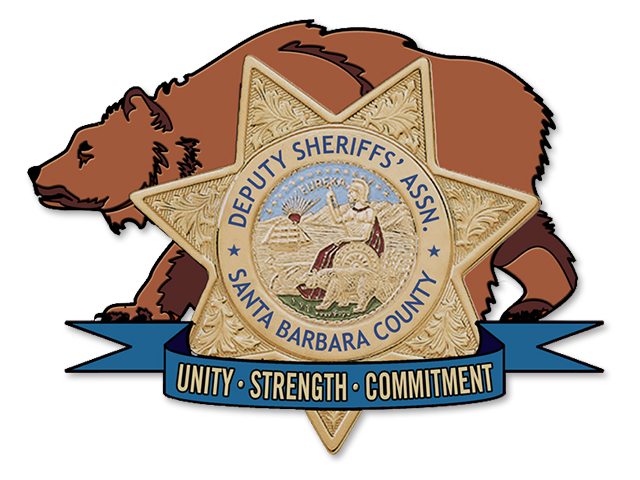In the Beginning
Told through articles, news stories and internal history
With the passage of Myers, Milieus, Brown Act in 1968, which was signed into law by Governor Ronald Reagan, employees at “local agencies” (cities, counties and special districts) in California gained the right to form unions and “collectively bargain” a contract over “changes in wages, hours, and terms of employment.” Public Safety professionals throughout California were struggling at this time to earn a decent income, among many other benefits we take for granted today.
Peace officers had never enjoyed the civil rights afforded to other U.S. citizens, and management at times ran roughshod over their officers. There was simply no law to protect the peace officer from the capricious actions of a chief or sheriff. Litigation without statutory rights was too great a handicap to continue.
During 1970, the effects of the MMBA was being felt throughout the state as other employee associations attempted to meet and confer with their employers, and found ignorance of the new law. The cities and counties dug in, and for the most part refused to give an inch, demonstrating a “show me” attitude.
An organization was created to help the already formed associations, short on funds, fight for their rights under the MMBA. With the creation of PORAC even smaller groups of peace officers were able to organize and achieve better working conditions and a standard of living never seen before.
Amidst the smoke and tear gas of the violent Isla Vista riots in 1970, deputies attempted to negotiate for pay raises and time and a half for overtime.
A top step deputy at the time was only making $5.19 per hour, no overtime and with very few of the benefits we take for granted today.
As with personnel in several other cities and counties, our deputies walked off the job when talks fell apart. Something rarely heard of today. Governor Reagan ordered state corrections and highway patrol officers in to help cover law enforcement duties in the county.
Out of those tough times came what we now call the Santa Barbara County Deputy Sheriffs’ Association.

